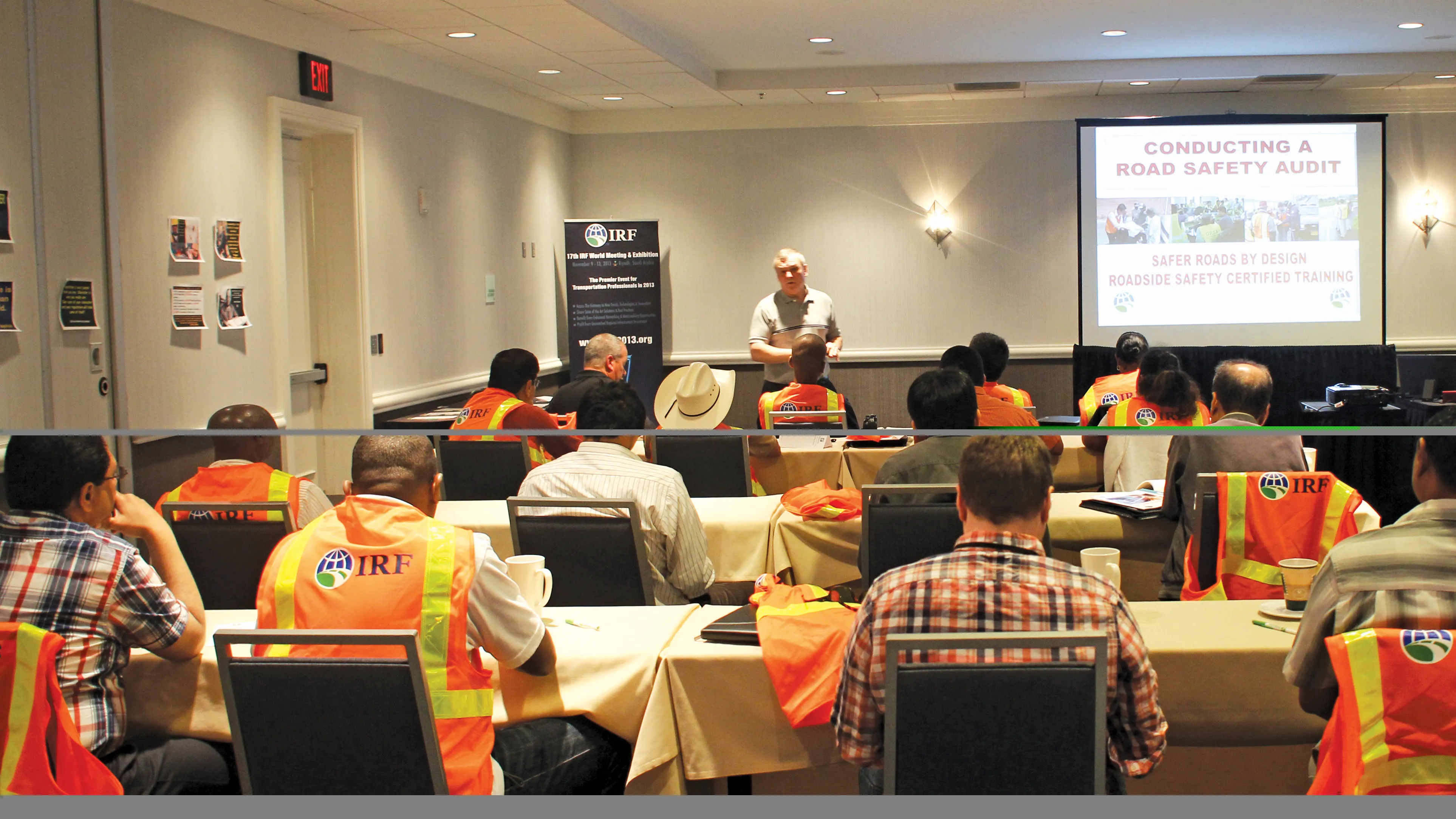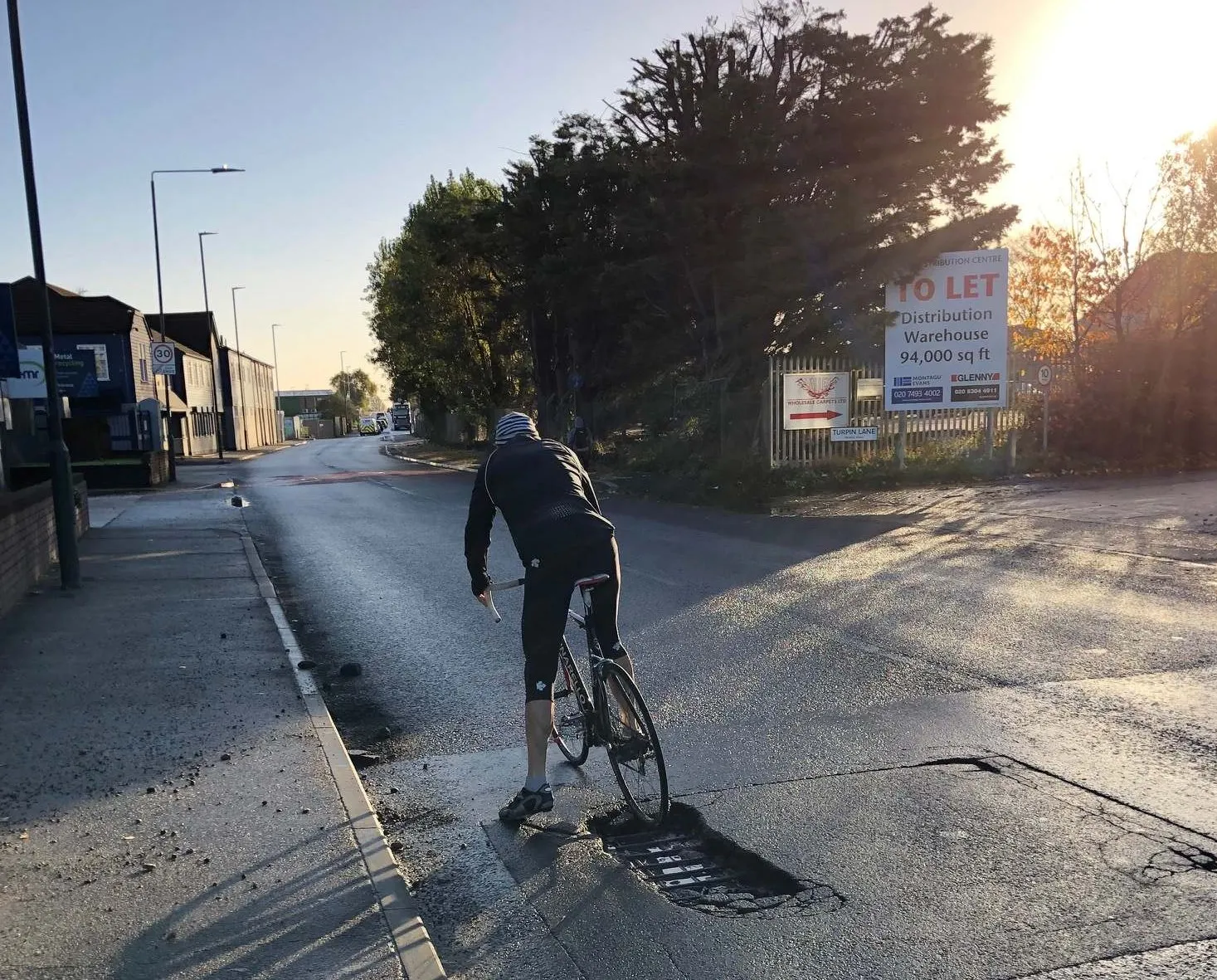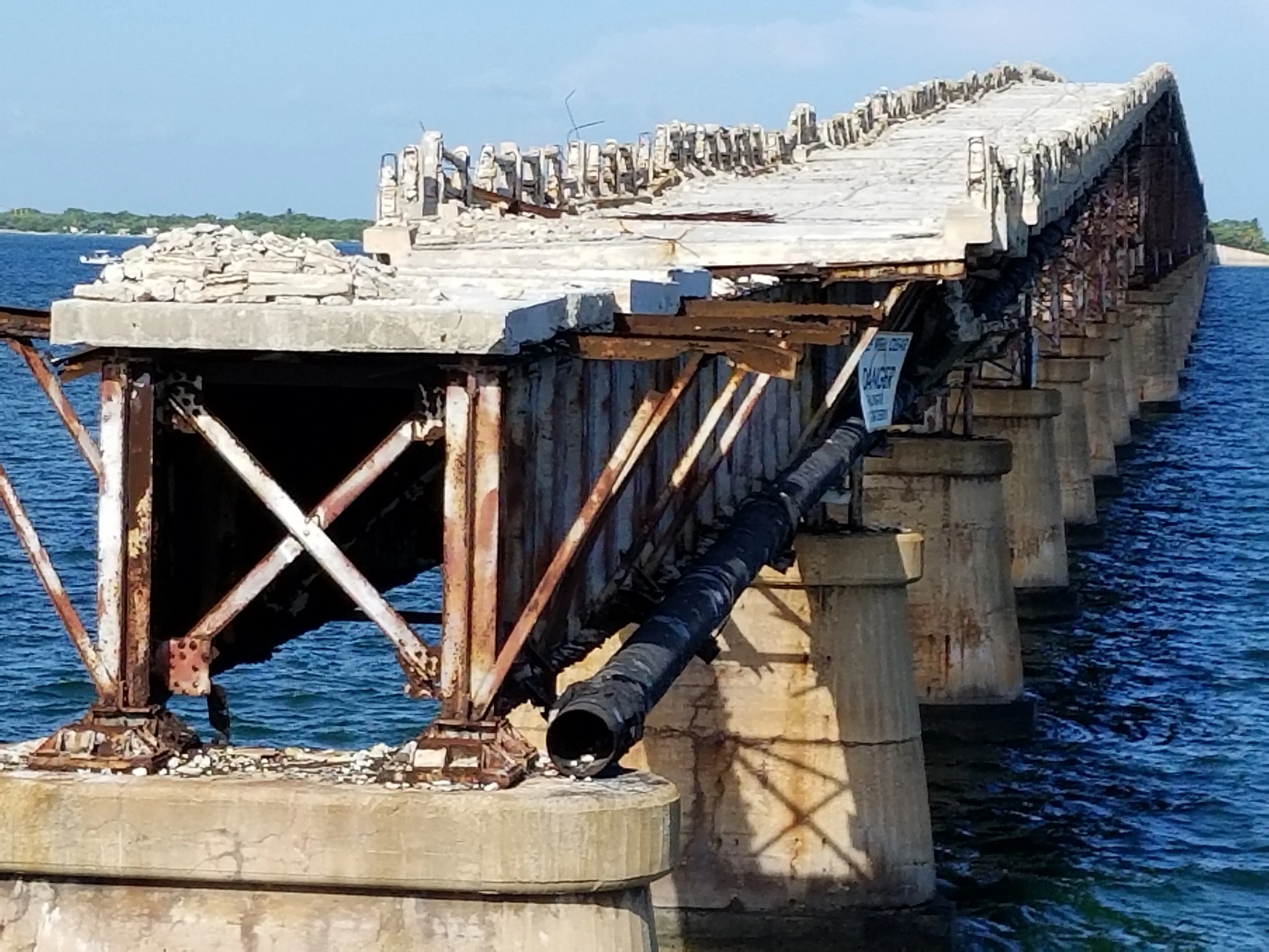
In the western world, drivers have benefited over many years from road and highway networks connecting not just towns and cities, but remote rural areas also. The US Interstate network in particular shows how major investment in infrastructure can help fuel economic growth. Construction of the Interstate system commenced in 1956, with the new highways that were built and the transportation they provided contributing greatly to the economic power of the US ever since. In Western Europe too, highway links provide speedy access for commuters as well as heavy transport. Many developing nations have opted to emulate this western transportation model, most notably in China which embarked upon a major programme of highway construction some years ago.
However in the western world, with most of the necessary road and highway connections in place, the focus has now shifted to maintenance. Existing road and highways links need to be repaired and upgraded to handle heavier vehicles and greater traffic volumes. Roads have to be maintained as well as constructed. And with budgets tight and politicians and the general public often complacent as to the need for the general upkeep of roads, the need for more maintenance has become ever more pressing.
Jean-François Corté, chairman of the upcoming PPRS Paris 2015 Congress and secretary general of the World Road Association – PIARC has commented publicly on the issue. He said that while the road transport network is the backbone of an increasingly global economy, and investments aimed at improving its efficiency remain essential, the economic crisis has dealt a strong, durable blow to public finances in many countries. Corté commented, “The very vitality of our economy is at stake. In many countries, road infrastructure is the most important of all public assets. With a chronic lack of sufficient maintenance, it becomes fragile and rehabilitation costs increase sharply.”
The economic benefit of road networks is not widely appreciated. In France for example the road network has a value roughly equivalent to one year’s GDP. However, it is clear that many governments are not maintaining those assets, and are storing up big problems for those governments that follow. However, cash-strapped governments want as much fuel tax revenue as possible. They are already struggling with the massively reduced consumption of modern vehicle fleets, and the political perils of increasing fuel tax to compensate.
Corté continued, “This is why it is important to commend the initiative taken by professional organisations from the road industry - which has since garnered the support of various other international organisations - to dedicate an international conference to road maintenance and pavement preservation. The PPRS Paris 2015 Congress has been designed to provide a comprehensive overview of the issues associated with pavement preservation, with the aim to promote the exchange of ideas and sharing of experience amongst key stakeholders: public authorities, the road industry as a whole, engineering companies, road users. Internationally-renowned speakers will cover a variety of topics designed to be of interest to government officials, road infrastructure managers and road industry executives.”








